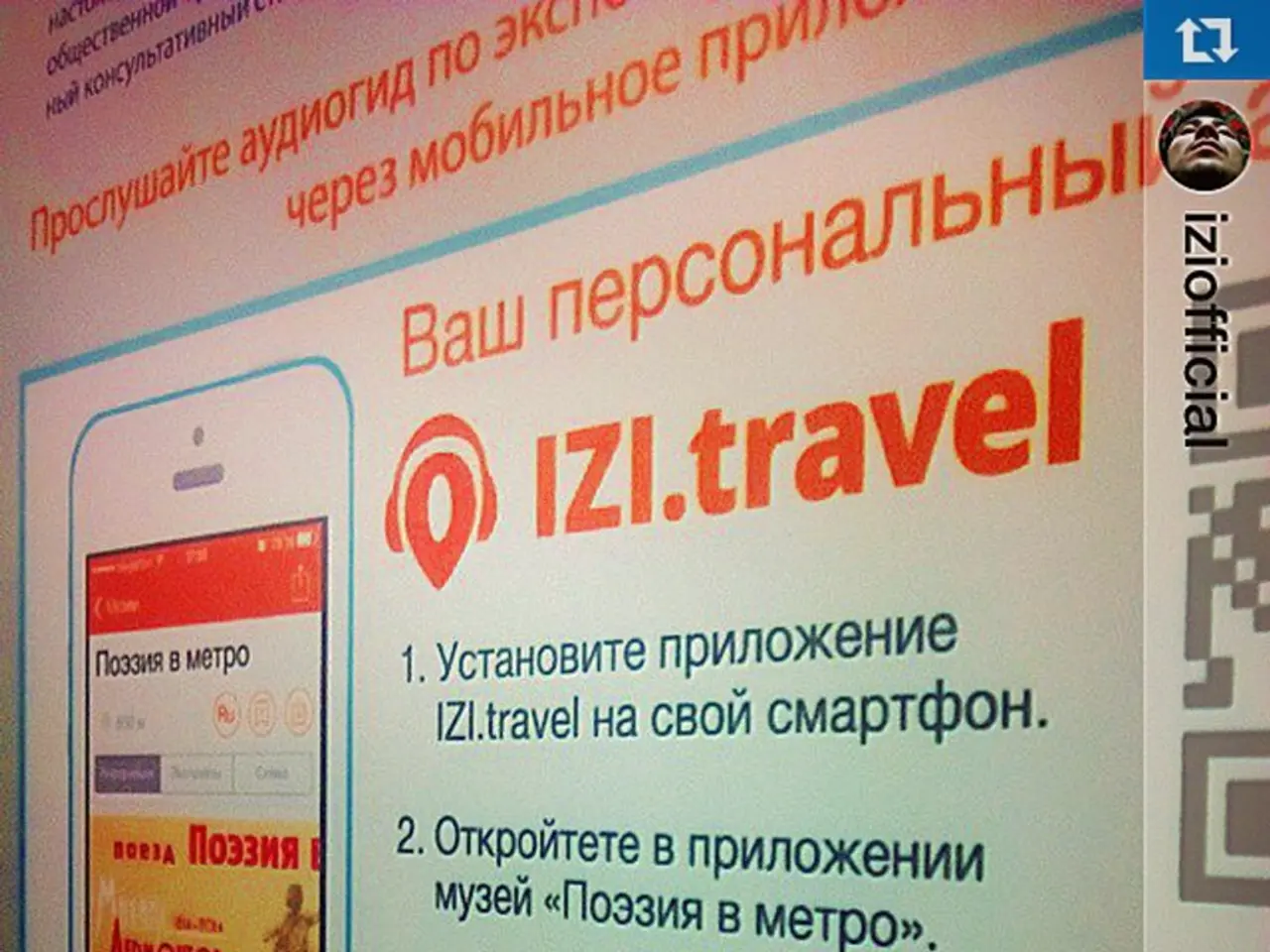E-Z Pass users be wary: a fresh phishing scheme disguised as a notice-to-appear has surfaced, potentially targeting mobile accounts.
In a recent alert, AAA Mid-Atlantic has warned the public about a new phishing scam targeting E-Z Pass customers. This scam, similar to the old "jury duty" or "notice to appear" cons, involves fraudulent emails claiming that the recipient is "indebted" for using an E-Z Pass toll road.
The emails, complete with the E-Z Pass logo and authentic-looking details, are designed to trick recipients into clicking a link leading to a website that requests personal and financial information. These sites may also infect devices with malware.
Scammers often threaten arrest and jail time unless a "fine" is paid using untraceable payment methods. It is important to note that toll payments are not collected via email demands for payment.
If you drove your own car through a tollbooth, a paper bill will be mailed to your home. If you drove a rental, the bill will be sent to the rental company, which will charge the cost to the credit card number on file.
Electronic tollbooths collect payments either by deducting charges from a compatible transponder or by sending a bill to the vehicle's registered address. Be suspicious of any unsolicited or unexpected electronic communication reporting problems or changes with accounts, even if it appears to be from a legitimate company or institution.
To avoid most phishing scams, it is advised to follow the standard "Don't call me; I'll call you" when it comes to business communications. If you believe there may be a problem with your account, contact the company directly rather than responding to unsolicited communication.
John Townsend, a spokesman for AAA Mid-Atlantic, advises everyone to be on guard against these scams and to be skeptical of all emails that direct users to websites where credit card or personal information is entered.
It's also worth noting that notice-to-appear or jury-duty scam emails use generic wording and do not provide personal identifying information. Real court notices are sent through traditional mail and include personal identifying information.
Phishing scams are a type of con where scammers trick victims into revealing personal or financial information through electronic communications, such as emails or texts. These scams can lead to identity theft and financial loss.
Stay vigilant and protect your personal information. If you suspect a phishing scam, do not respond, and report it to the appropriate authorities.







